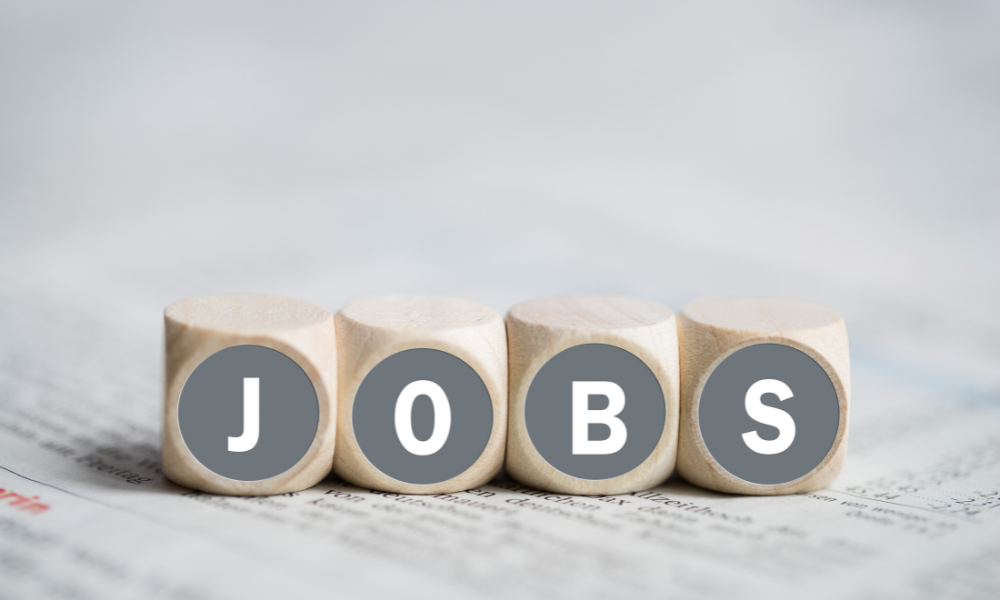
StatCan expert looks at impact of AI on specific roles

About 60% of the Canadian workforce might be in jobs highly exposed to artificial intelligence, according to an expert from Statistics Canada (StatCan).
“That was about eight million workers in 2021,” said Tahsin Mehdi, economist in the social analysis and modeling division of StatCan, in an episode of Eh Sayers, a podcast from the government agency.
She cited a study from the agency that combined 2021 census data on Canadian workers with data from a website called Occupational Information Network.
But exposure to AI does not necessarily mean job loss for workers, says Mehdi.
“What we're talking about is AI exposure, which isn't necessarily the same thing as risk of job loss. So, a job being highly exposed to AI doesn't necessarily imply a higher risk of job loss. At the very least, it could mean some degree of job transformation… meaning that certain day-to-day tasks might evolve as a result of AI.”
Generative artificial intelligence (GenAI) is more widely implemented in global organizations compared to other AI applications, according to a previous report.
Of the 60% mentioned earlier, half are in jobs that might be highly complementary with AI, such as teachers, nurses, doctors, and engineers, said Mehdi in the podcast by StatCan.
“Generally speaking, these are jobs which involve a high degree of communication skills. For example, doctors make consequential decisions about other people's health all the time. AI might be able to be used by doctors to help them diagnose diseases, perform surgery, but ultimately, human oversight will still be needed in these jobs where there's so little room for error.
“Teachers can use AI to help them create personalized lesson plans and content for different students based on their needs and learning styles.”
Meanwhile, for the other half of that 60%, their jobs might be less complimentary.
“This means that it's possible that relatively more of their day-to-day tasks might be replaced by AI at some point in the future,” she says, such as jobs in business, finance and IT.
This doesn't necessarily mean these jobs would just disappear, says Mehdi.
IT professionals like software engineers, for example, “are integral to AI, since there would be actual individuals coding the AI algorithms”.
“It could mean simply that AI might change the nature of their work and their daily tasks. And perhaps free them up to do a new set of tasks, like supervising and maintaining the AI.”
One in two Gen Z employees would consider looking for a new job if their company does not offer training on GenAI, according to a previous report from Amdocs.
Mehdi notes that AI will continue to transform, and that it could play a critical role in not just the economy, but also when it comes to societal and environmental issues like climate change.
“For example, AI might be able to optimize farming practices by analyzing data on soil, weather, and crops to recommend the best times to plant, irrigate, and harvest. This can potentially lead to more efficient use of resources and reduce greenhouse gas emissions from agriculture.
“AI can also analyze large data sets from satellite sensors and other sources to monitor deforestation, ice cap melting, and other environmental changes. It can also help predict future climate patterns, helping governments and organizations perhaps plan and respond to climate-related events.”
Many workers believe that their employers are not doing enough to help fight climate change, according to a previous Robert Walters report.